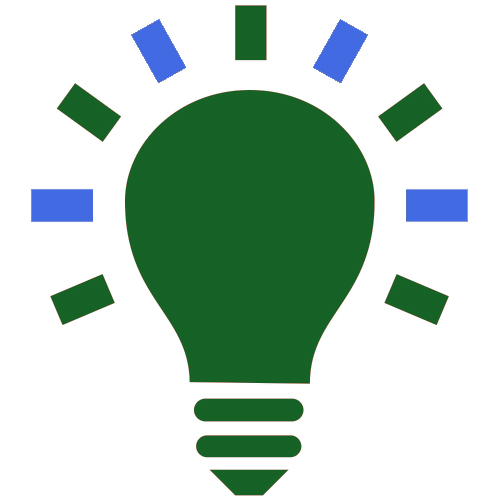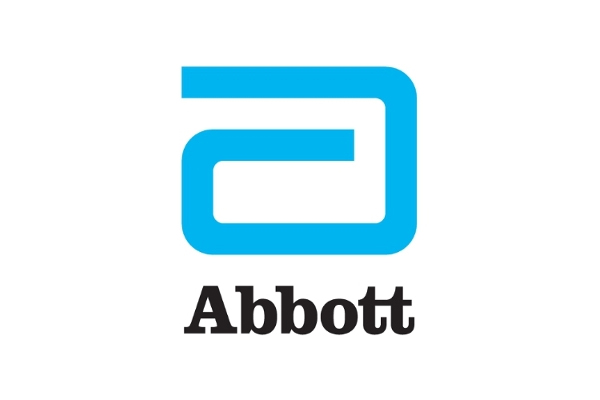
How Life Sciences Companies Can Level Up Healthcare Education in Post-COVID Era
It’s time for these companies to bridge the knowledge gap and transform how healthcare information is accessed and used.

It’s time for these companies to bridge the knowledge gap and transform how healthcare information is accessed and used.

Critical care hasn’t had many breakthroughs in recent years and in order to change that, I believe we need to put more of an emphasis on integrating technology—specifically artificial intelligence (AI) —into the field.

With the accelerated adoption of many new technologies, ECRI’s annual health technology hazards list has been transformed by the COVID-19 pandemic.

During this week’s Consumer Electronics Show, FDA Principal Deputy Commissioner Amy Abernathy talks about lessons learned from the pandemic and 2021 goals.

During a session at this week’s Consumer Electronics Show, Andrea Wainer, EVP of Rapid Molecular Diagnostics at Abbott, shares how the company scaled up to supply the global market with more than 300 million COVID-19 tests in 2020 and the path forward.

Its success lies in a synergy between the technological and the clinical.

Leveraging the power of technology to create a more patient-centric approach and consolidate costs is expected to play a big role.

Incorporating bioinformatics platforms can ease the burden of tracking, analyzing and managing the use of antibiotics.

A return to normalcy requires us to address the limits of current testing approaches and broadly deploy reliable screening tools that facilitate early detection and encourage more focused testing of those at high-risk of spreading the coronavirus.

Patients will be able to collect their own samples and ship it to a Quest Diagnostics lab for analysis.